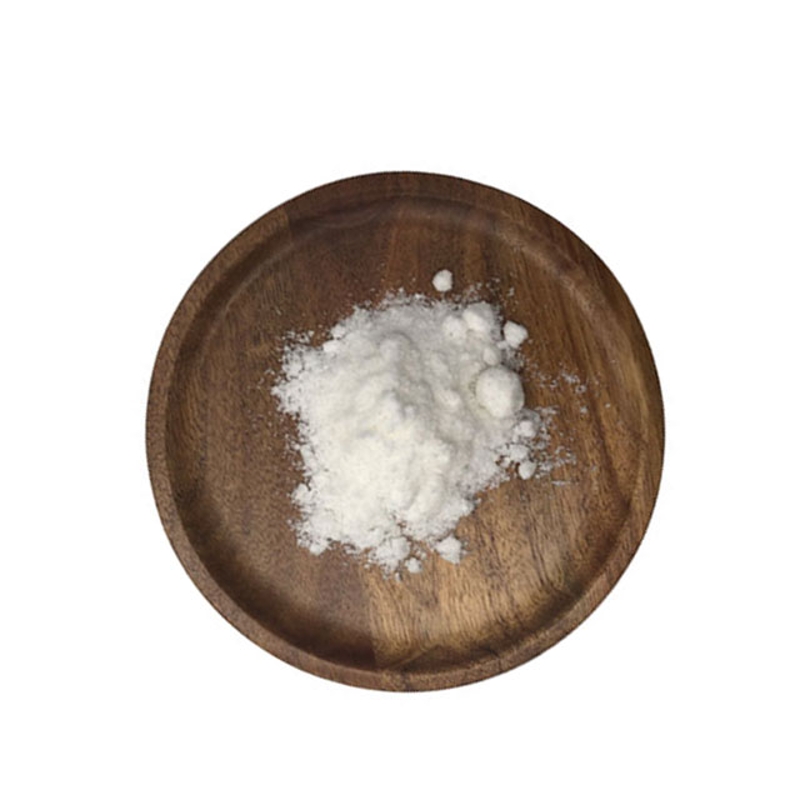-
Categories
-
Pharmaceutical Intermediates
-
Active Pharmaceutical Ingredients
-
Food Additives
- Industrial Coatings
- Agrochemicals
- Dyes and Pigments
- Surfactant
- Flavors and Fragrances
- Chemical Reagents
- Catalyst and Auxiliary
- Natural Products
- Inorganic Chemistry
-
Organic Chemistry
-
Biochemical Engineering
- Analytical Chemistry
- Cosmetic Ingredient
-
Pharmaceutical Intermediates
Promotion
ECHEMI Mall
Wholesale
Weekly Price
Exhibition
News
-
Trade Service
iNature astrocyte process plasticity plays an important role in sensing and regulating central metabolic homeostasis
.
When astrocytes encounter exogenous harmful factors, their abundant neurites will be damaged, manifested as a decrease in the number of neurite branches and a shortened neurite length
.
However, it remains unclear whether astrocyte neurite plasticity is involved in the metabolic disturbances induced by exposure to arsenic, an environmentally harmful pollutant
.
On April 18, 2022, Chen Chunhai's team from Army Medical University and Zhou Zhou's team from Zhejiang University jointly published a paper entitled "SOX2 modulated astrocytic process plasticity is involved in arsenic-induced metabolic disorders" in the Journal of Hazardous Materials (IF=10.
6) online.
The research paper, by establishing a transgenic mouse model that specifically knocks out SOX2 expression in astrocytes, discovered the important role of SOX2-regulated astrocyte neurite plasticity in arsenic-induced metabolic disorders , and also confirmed that impaired astrocyte plasticity will significantly affect the glucose sensitivity of the leading hypothalamic POMC neurons, which will lead to the occurrence of metabolic disorders in mice
.
In conclusion, the results of this study provide a new central regulatory mechanism for revealing the occurrence of arsenic exposure-induced metabolic disorders in mice
.
Metabolic disorders are clinically classified as a complex multi-disease cluster, including obesity, prediabetes, diabetes, and metabolic disorder syndromes
.
In recent years, the occurrence of metabolic disorders induced by environmental factors has become more and more frequent.
As one of the harmful environmental pollutants, inorganic arsenic, its chronic exposure has been proved to be able to induce by interfering or impairing blood glucose metabolism, blood lipid metabolism and energy homeostasis.
Occurrence of metabolic disorders
.
However, the biological mechanism of metabolic disorders induced by arsenic exposure has not been fully elucidated, especially the related mechanism of central regulation of metabolism has not been reported in the literature.
It is of great significance for a comprehensive understanding of metabolic diseases caused by exposure to harmful environmental factors and the mechanism of astrocytes in regulating metabolic homeostasis
.
Astrocytes are the most numerous glial cells among many glial cells, and are widely distributed in the whole brain tissue
.
Among them, hypothalamic astrocytes can rely on their processes to regulate neuronal functions in glucose metabolism and energy homeostasis, such as POMC neurons, thereby affecting systemic metabolic homeostasis
.
Therefore, hypothalamic astrocyte protrusion plasticity plays an important role in regulating systemic metabolic homeostasis
.
Sex-determining region Y-Box2 (Sex-determining region Y-Box2, SOX2) belongs to a nuclear transcription factor of the SOX family, it is often regarded as a biomarker of neural stem cells, and plays an important role in early neural lineage determination and brain plays a key role in development
.
It has been reported that SOX2 is also expressed on adult astrocytes and is involved in the regulation of the plasticity of adult astrocytes in the mouse retina, indicating that SOX2 plays an important role in regulating the plasticity of astrocytes.
.
In this study, specifically knocking down the expression of SOX2 in astrocytes can exacerbate arsenic exposure-induced glucose metabolism disorders and astrocyte protrusions in mice.
Impaired plasticity, decreased glucose sensitivity in hypothalamic POMC neurons, and blockade of INSR/AKT signaling, while SOX2 overexpression reversed the toxic damaging effects induced by arsenic exposure
.
In conclusion, the results of this study reveal a novel central regulatory mechanism and cellular target of chronic arsenic exposure-induced metabolic disorders, and help to understand the role and mechanism of SOX2 in regulating adult astrocyte protrusion plasticity
.
He Zhixin, a 2019 doctoral student in the Labor Hygiene Department of Army Medical University, is the first author of the paper
.
Associate Professor Chen Chunhai and Professor Zhou Zhou are the co-corresponding authors
.
This work has been supported by a number of National Natural Science Foundation of China funds
.
Reference message: https://







